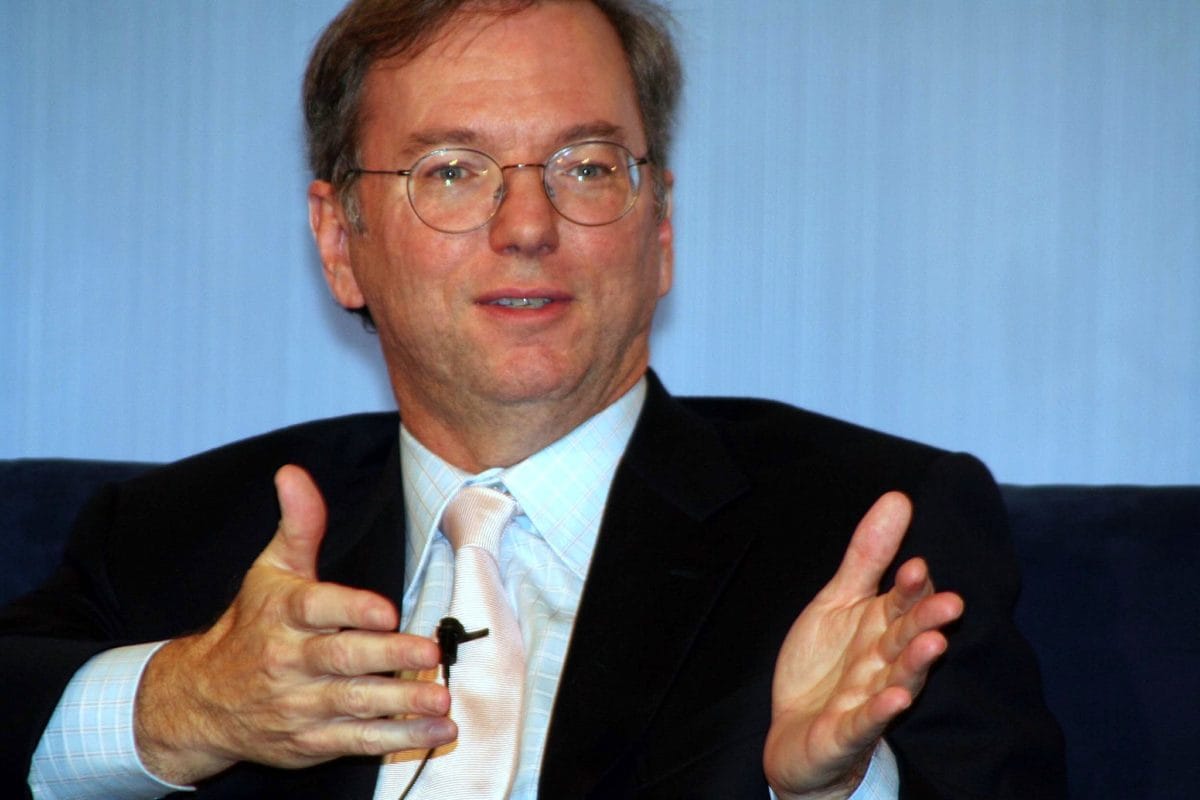Coronavirus Roundup: Former Google CEO on Military Tech, ISP Internet Speeds, Parking Lot Wi-Fi
May 6, 2020 – Former Google CEO Eric Schmidt has reinvented himself as a bridge between Silicon Valley and the military-industrial complex, according to the New York Times on Saturday. The U.S. military is “stuck in software in the 1980s,” Schmidt said after touring the military’s Special Operations

May 6, 2020 – Former Google CEO Eric Schmidt has reinvented himself as a bridge between Silicon Valley and the military-industrial complex, according to the New York Times on Saturday.
The U.S. military is “stuck in software in the 1980s,” Schmidt said after touring the military’s Special Operations Command’s headquarters in Tampa, Florida.
Schmidt, who retired from Google in 2011, has long had tendrils in the world of tech. Beyond Google, he has served on the boards of trustees for Apple, Mayo Clinic, Carnegie Mellon University and Princeton University. He was also chief technology officer for Sun Microsystems, an important Silicon Valley tech entity that was later acquired by Oracle.
Schmidt now sits on two government advisory boards working on technological innovation in the Department of Defense, with a focus on bringing the military up to date in the world of AI in areas such as drone automation and decision simplification.
Second-guessing ISPs on internet speeds
The coronavirus is destabilizing American internet, said Sascha Meinrath, founder of the internet think tank X-Lab, in an op-ed on Saturday.
“According to most ISPs, the core network is handling the extra load,” Meinrath wrote. “But our data show that the last-mile network infrastructure appears to be falling down on the job.
Meinrath cited data from his lab showing that the number of U.S. counties that lack access to standard definitions of broadband has increased from 52 percent to 62 in the past two months.
Average median download speed degradation across the 50 states and the District of Columbia was -7.6 percent, he added.
Meinrath also decried the inequities of the digital divide, in which Americans who have traditionally lacked broadband being unable to participate in work and education. “To put it bluntly, our internet is breaking. And it’s not breaking equitably,” he wrote.
Stories from the parking lot
The New York Times on Tuesday chronicled the growing phenomenon of “parking lot Wi-Fi,” the coronavirus-induced trend of driving to the parking lots of schools, libraries and Starbucks to access Wi-Fi for schoolwork, conference calls and other internet needs.
For example, a student at Cornell University was forced to “[drop] all electronic communication for two weeks until he was able to find a public Wi-Fi hot spot.”
According to the consumer advocacy group Movement Alliance Project, Philadephia’s high cost of broadband has left 17 percent of its residents without access to the internet. Devren Washington, a fellow at the organization, said that the dense population of cities like Philadelphia makes it nearly impossible to maintain social distancing in these parking lots.










